

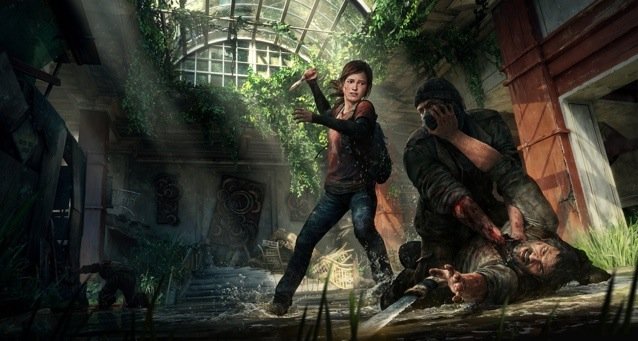
Some of the big titles of recent times have presented us with peculiar parenting arrangements. Here I want to take a look at four of the most recent ones, and how they differ and succeed. Parenting can be quite the pain. Especially when you’re a single parent without anyone else helping you raising your kid right. That whole situation goes haywire when you’re not just a single dad, but also the protagonist in an action video game. Just ask our daddies here, Delta, Booker, Joel and Corvo from Bioshock 2, Bioshock Infinite, The Last of Us and Dishonored.
The daughters, Eleanor, Emily, Ellie and Elizabeth, are a diverse lot. They all have different agency in their stories, and slightly different roles to play. And with two of them, the behavior of the player actually matters, whereas there are no ways of influencing anything in the way Elizabeth behaves at any time during Bioshock Infinite. So Emily and Eleanor are clearly the more interesting video game characters, since they actually reflect the actions of the player to a certain degree. The Last of Us’ Ellie is a similar case, as that nothing the player does will be reflected by her in a meaningful way, but since the game and its characters are superbly written, that doesn’t matter quite as much.
Eleanor, the daughter from Bioshock 2 one of the more active characters of the bunch. It is her doing that gets Subject Delta, the protagonist of the game, back to life. In Bioshock 2 it is the father figure who is ultimately used by his daughter. Eleanor uses Delta as the instrument of her escape. However, even though Delta is mostly his “daughter’s” tool, he is also a role model for Eleanor. If the player is merciful, rescuing the game’s Little Sisters instead of harvesting them, sparing the side characters that could be killed, then there will be a few instances in the game’s final level, where this will show in Eleanor’s behavior, and also will be reflected in one of the several endings.
In the final stages of the game Eleanor also dons an armored Big Sister suit and fights alongside her “daddy”, becoming truly her father’s daughter. For better or worse. Which makes Delta the most successful father on this list, if only because he is granted the biggest influence on his kid.
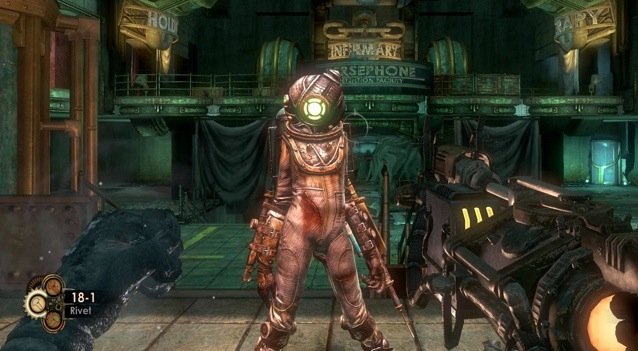
Of course there are some problematic side issues here as well. First of all, given that the villainess of the game is a woman who is at least in some ways Eleanor’s mother, has the plot in danger of becoming a somewhat twisted custody narrative. Mommy wants to genetically alter the kid, making her into a true utopian without a sense of self, and then daddy comes along and brings her a rocking Big Sister suit to go kill Splicers with him instead. Way to ruin a promising career, dad. While the whole “what right does Delta have to get the girl away from her mad scientist mother?” thing makes the game problematic on some level, it’s the agency of Eleanor that gets her out of this again.
It is Eleanor’s actions that make her rescue possible in the first place. It is her doing that revives her “daddy”, it is her guidance that leads him to her. And then she saves his life again later in the game. So, while technically Bioshock 2 is another story where daddy goes out to rescue his daughter, the kid in this case is far from helpless, her daddie being essentially just the vital part of her escape plan.
The daddy-daughter team in Dishonored doesn’t have that much influence on one another by comparison. While Corvo also has the choices of sparing the lives of the people he goes up against, there is little direct in-game result of these actions. At least none that has Emily reflect on them specifically. For most of the game, Emily is just a pawn that gets pushed around. Just a plot device that needs to be rescued, she doesn’t have much agency of herself. But then again, she is the youngest of the daughters under scrutiny here.
Emily is introduced fairly early on. The player can have some interactions with her, play hide and seek, and have light conversation. While it is hinted at later in the game that Corvo is in fact Emily’s biological father, this is something that is not a big part of the plot in early game. Clearly Corvo and Emily are close, and he is her protector after all, but other than some childlike adoration there is little reaction Emily has on Corvo and his actions.

The princess quickly becomes another plot device. Her mother murdered, herself abducted, it then falls to Corvo to avenge the Empress’ cruel demise and rescue his protegee who might be his daughter. In a way it’s a classic daddy story. Daddy screwed up and has to invest every possible effort to prove that he can act responsible and caring. It’s too bad that halfway through the game, Corvo gets betrayed yet again, left for dead, Emily abducted yet another time. Other than her kicking and screaming there is really nothing the game allows her to do. Sure, there are some messages she leaves and some cute drawings. But eventually, Emily has no agency of herself.
Also, the player’s behavior has no influence on Emily in the game whatsoever. It is laudable that the game does change some things if the player kills a lot of people and brings the city into chaos, but none of these things reflect or reflected upon by Emily. She is always just locked up somewhere far away.
The only influence the player does have on her is on which kind of ending the game shows. Depending on how many targets the player spared, depending on how many people were killed in general and on how high the overall chaos rating, the ending will differ, and Emily’s role in the epilogue will differ. If Corvo was merciful and not just a murdering asshat, Emily will become a great leader. If Corvo was less kind, Emily will become a less kind empress on the throne. Which again is a somewhat problematic notion that the daughter is completely dependent on her father’s input, taking after him very strongly with almost no agency or free will of her own.
Which brings about the next example. Bioshock Infinite. In the very last chapters of the game it is revealed that Elizabeth, the girl central to the story, is in fact the daughter of player character Booker. But raised by another version of Booker from another dimension, which is a bit complicated, but since we warned you about spoilers, you will no doubt know what I’m talking about.
Since Bioshock Infinite is completely static when it comes to player agency over the story or the characters, there is really nothing the player can do to influence Elizabeth’s behavior. She has a few interesting moments where she reacts to Booker killing people, but those are few and quickly forgotten when her regular AI behavior takes over. Booker has a few bonding moments with her, but for one, it is only revealed in the very last chapter of the game that she is in fact his daughter, and that there is no love interest angle going on here at all, and then nothing Booker does seems to have much of an influence on her anyway. Despite her running away from him, when he reveals his true intentions of bringing her to New York City instead of setting her free.
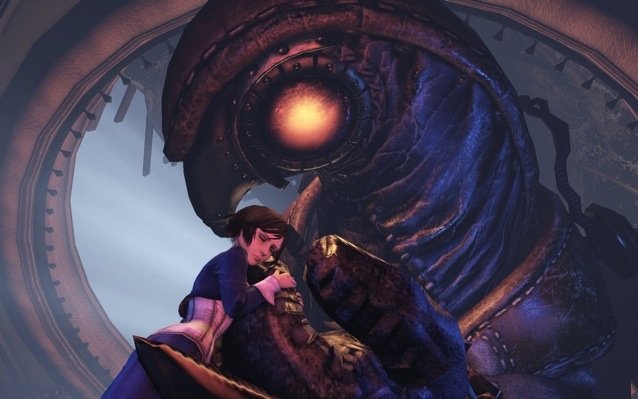
Booker, while being a daddy, doesn’t really do much with his daughter. Of course he doesn’t know who she really is. But also, there is very little growth or change in behavior between the two over the course of the game. Though Elizabeth is one of the more “present” daughters here, her accompanying daddy in battle, her omnipresence, works as a detriment to her as a character. She quickly becomes a glorified ammo and health dispenser. And while it is nice that the player does not have to constantly worry about her in combat, her incessant AI barks and, well, dispenser-of-items mechanic does reduce her to a very stiff, very robotic entity, great voiceacting or not. And she doesn’t learn, or evolve, or do anything but dispense ammo and coins and occasionally change the landscape of the battle arenas.
Which sets Elizabeth in sharp contrast to Ellie, the brattish, involuntary foster daughter of Joel, lead protagonist of Naughty Dog’s The Road of video games, The Last of Us. The dynamics of the in-game relationship between Joel and Ellie may be just as static as the one between Booker and Elizabeth, as in that the player has no choice on the way the story evolves. But still Ellie is a much more rounded character in comparison, the relationship between the two feeling much more natural in comparison. She hits old man Joel right in the ticker, filling a hole his real daughter left there after being brutally gunned down at the outbreak of the game’s zombie plague. And that alone takes half the game. Joel is a very reluctant guy, who only slowly opens up to his protegee.
Through the course of the game, the two characters become closer, more open, and mutually dependent on one another. Ellie evolves, grows, both as a character but also mechanically. In the game’s first third, she is mostly just there. Scurrying around, doing the best she can not to get eaten by zombies or shot by bandits. But with the progress of the game that changes. Joel manages - on and off screen - to teach her a few tricks. She becomes a more useful sidekick and eventually almost as competent a video game character as her foster dad.
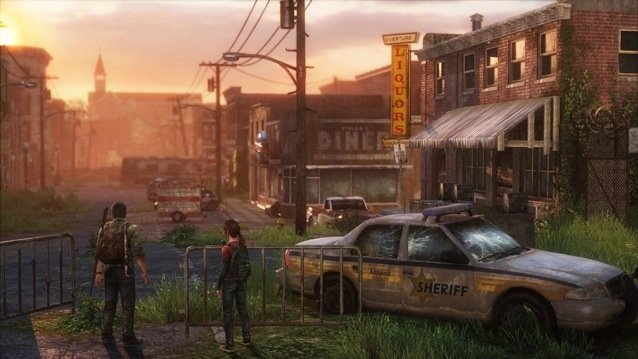
Personally I would argue Ellie and Joel enjoy being the best written characters with the most depth to them out of all the ones listed here. That depth that has several reasons. One of which is that they spend a lot of time together, since The Last of Us spans about a year of in-game time, compared to all the others, who either spend most of the game apart, or have a lot less time, less fabula, together. All of which allows for a lot of interaction and a lot of actual character development. On their own and in relation to one another. Also, given that The Last of Us is the most grounded game with the least amount of fantasy or science fiction tropes flying around, the narrative can focus on the characters much more effectively, since it it not necessary for the writers to explain how the world the story is set in works.
The result is staggering. Even if the player’s input will not be reflected by Ellie in any way, the two of them are so well written that it matters little. The player has a chance to get to know these people and why they act the way they do towards one another. This is done especially well in parts of the game where the player controls Ellie. Who evolves into one of the strongest female characters in video games over the course of the narrative. Joel might start out as her protector, but eventually she protects him, her ersatz daddy, just as well. Ellie rarely needs rescue, either mechanically or dramatically, except for the very end of the game. And that final rescue of her is far from an “everything is alright now” moment. The relationship between those two characters is truly something to behold.
In conclusion, it seems daddy and his favourite daughter duos are quite the trend in video games these days. Those duos make the mostly male protagonists appear more likeable, more approachable, more human. It almost seems the video game industry has started to slowly acknowledge the growing age of the audience and has started to pander to young dads now.
Only in some rare cases though will these duos do the girls and their roles in the story justice. This is where The Last of Us truly stands out, and it makes me hope that we will see more of that in the future, fewer “video game protagonists” and more characters, more people, more persons through whose eyes we can experience our video game adventures.
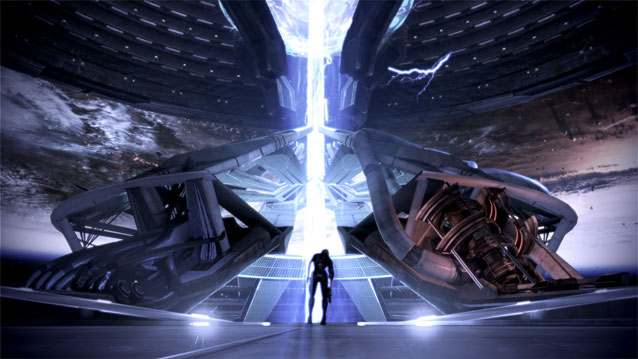

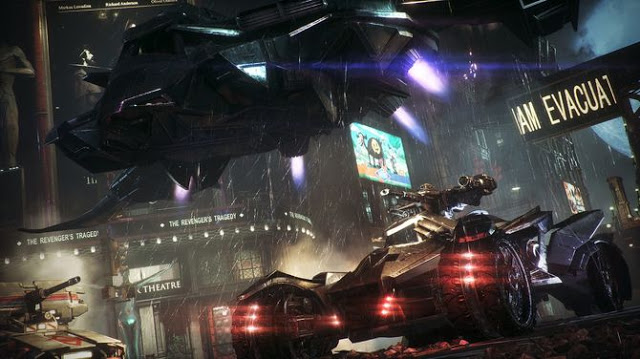

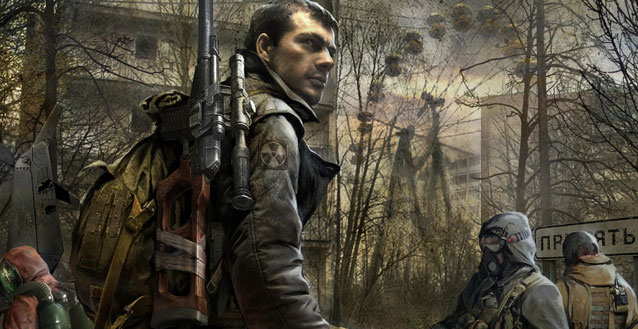 Top 10 Best FPS Games of 2010
Top 10 Best FPS Games of 2010 TOP BARBARIAN ARMOR BUILD IN DIABLO 3 ULTIMATE EVIL EDITION
TOP BARBARIAN ARMOR BUILD IN DIABLO 3 ULTIMATE EVIL EDITION Dreamfall Chapters: The Longest Journey Wiki – Everything you need to know about the game .
Dreamfall Chapters: The Longest Journey Wiki – Everything you need to know about the game . 5 Sites That Help You Understand The US Primary Elections
5 Sites That Help You Understand The US Primary Elections Saints Row: Gat out of Hell Guide - How to Unlock the 7 Deadly Weapons
Saints Row: Gat out of Hell Guide - How to Unlock the 7 Deadly Weapons